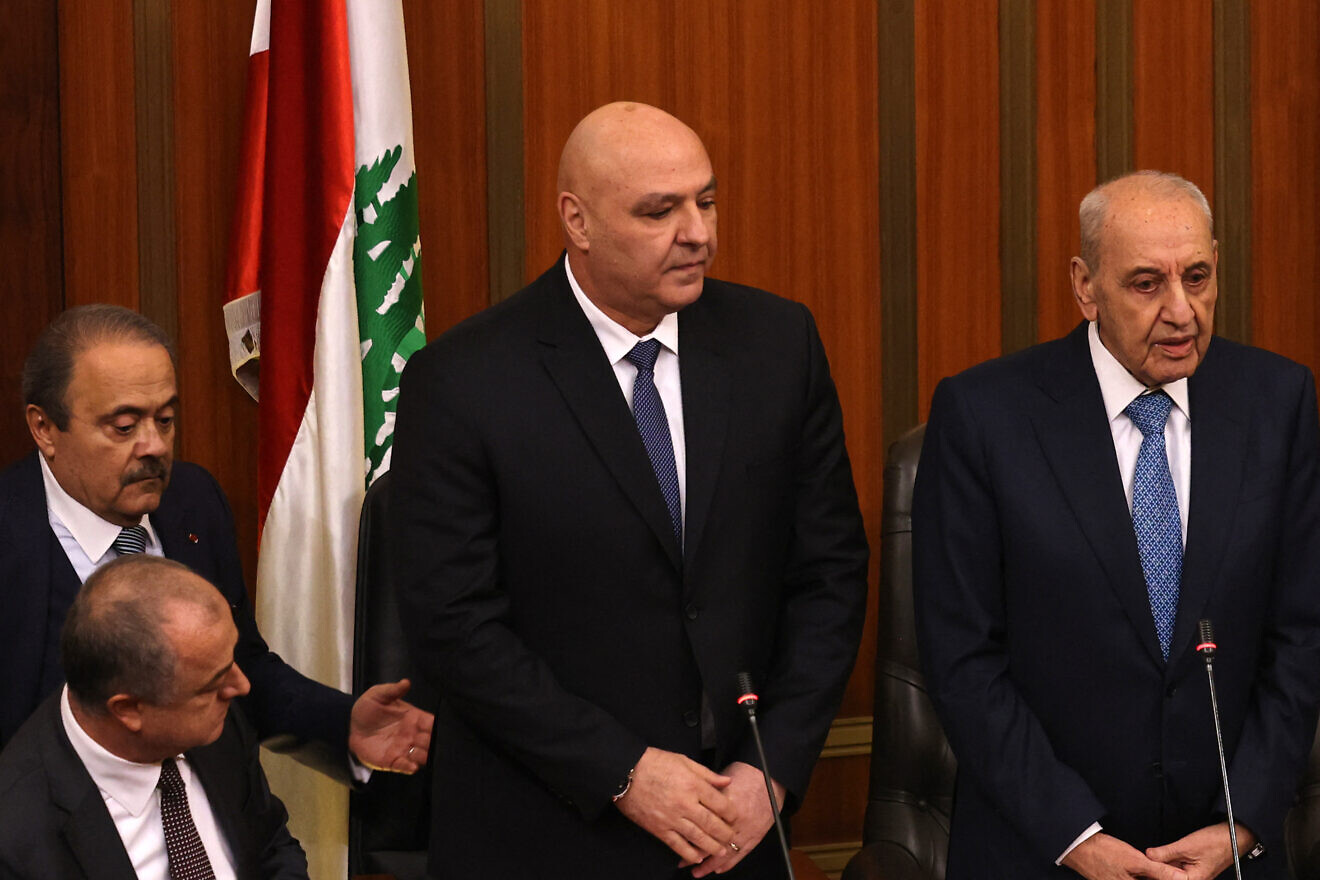Guyana’s president Irfaan Ali. –
Guyanese President Mohamed Irfaan Ali said that country’s Local Content Act, an act that ensures that companies involved in the energy sector prioritises Guyanese nationals and companies, is there to support everyone including businesses that are attempting to enter into the country’s oil and gas industry.
Ali said, at a media conference held at the Diplomatic Centre in Port of Spain, that the legislation, in seeking Guyanese interests, also provides an opportunity for the transfer of technology and technical skills that the Guyanese people may not necessarily have.
“The scope (of the act) is there and it is being made use of by many companies from Trinidad and Tobago and countries around the world,” he said. “Many global companies are coming.”
“It comes down to how someone may want to interpret something for a specific outcome. Let’s not do that. Let us look at the policy in totality and understand what it is seeking to achieve.”
The Local Content Act also seeks to develop local capacity in the oil and gas industry, enhance the oil and gas value chain, promote competitiveness and encourage the creation of industries that would help Guyana’s development. A total of 40 sectors were identified by the act. These sectors include wielding, onshore pipe and sand blasting, food supply and administrative support, transportation and customs brokerage.
In March, TT law firm Hamel-Smith and Co raised questions on whether the act would hinder the country’s ability to meet regional obligations, but on Thursday, Ali said that Guyana should be able to handle its own affairs in these selected sectors.
See also
“If someone comes to you and says that after all those years of independence you can’t provide brokerage services for yourself, or taxi service or vehicle rental for yourself, then we have serious problems,” he said.
“What the local content legislation did is make a minimal carve-out for the capacity that we have.”
Ali also said, in terms of the finance, the concentration of capital is a major factor when making a decision on allowing the sale of assets. He made the statements in response to questions surrounding Republic Bank’s attempt in 2019 to buy Scotiabank’s business in Guyana which was turned down amid concerns of a TT bank having a monopoly in Guyana and holding more than 50 per cent of the country’s depository.
“In making a decision of how things move forward, you have to look at the concentration of capital,” he said. “In that specific issue that you are talking about, Republic Bank was the first bidder who put in a proposal. Republic Bank is working with us on many other important initiatives.”





















Discussion about this post